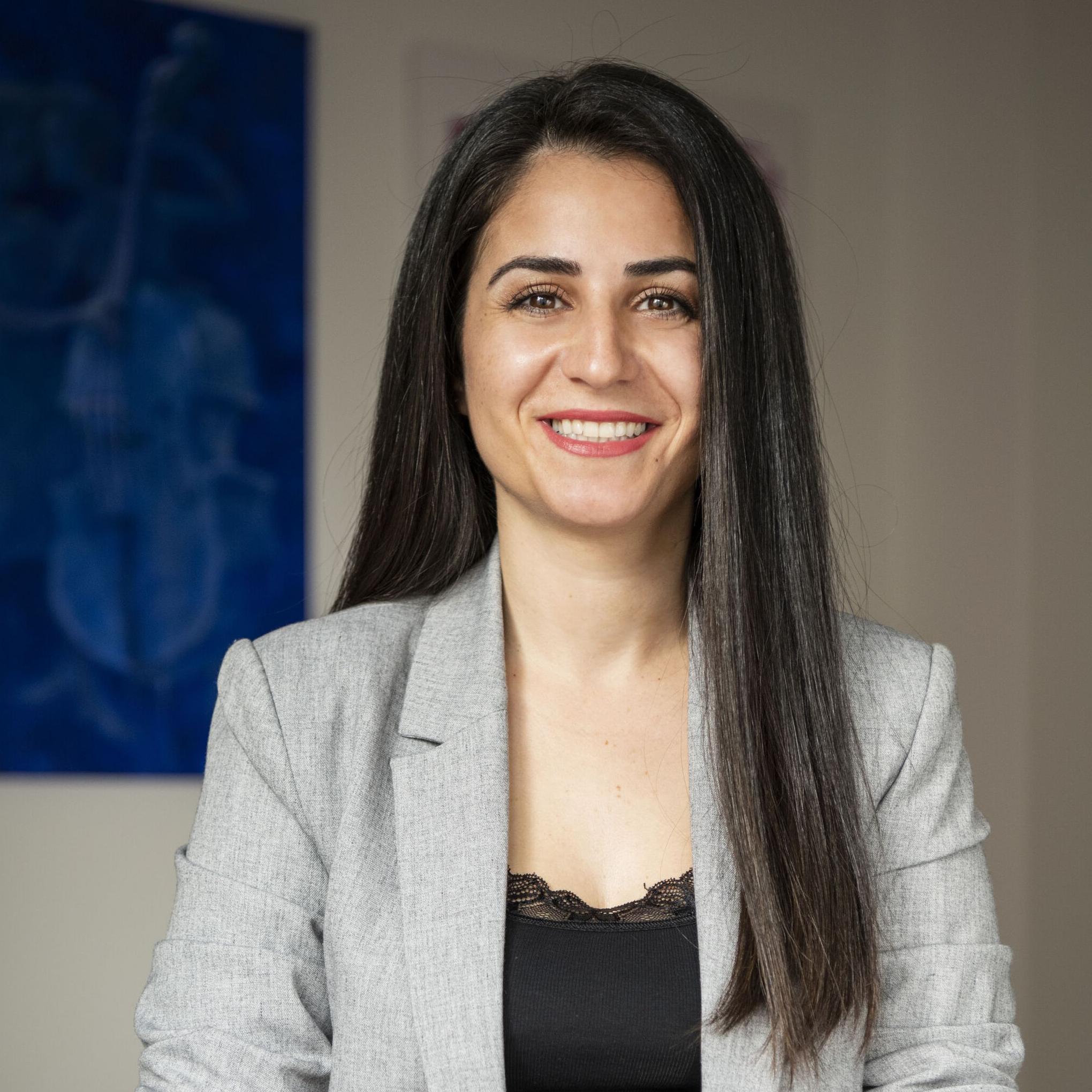Lilly explained, “I grew up as a straight woman until I fell in love with a girl for the first time at 19. In the past, when I had a boyfriend, I could freely hang out with him, hold his hand, and kiss him in public. I could get married if I wanted to, and I didn’t have to worry about parental rights or getting medical information for my partner, for instance. After I started dating a woman, in a split second, everything changed! I lost all of this! I was the same person, but I lost access to so many things, only because I was dating a woman and not a man.”
Lilly’s story is an accurate reflection of the challenges LGBTI people face in Bulgaria. She states, “There is a significant lack of provisions regarding hate speech and hate crimes for LGBTI people. There is no recognition for same-sex couples in any form and there are abusive requirements for legal gender change. There is also a lack of political will to change legislation and predominantly negative public attitudes. It creates a very difficult environment for the LGBTI people of Bulgaria.”
Lilly’s observations are consistent with data collected by the European Union Agency for Fundamental Rights. 75% of survey respondents avoid holding hands publicly with their partners to avoid problems with their work and social life. When LGBTI people reveal their sexual orientation, consequences can include workplace destruction, housing discrimination, and violence and hate crimes. 45% of LGBTI people avoid certain geographical areas for fear of violence. Many report discrimination in public areas, such as restaurants, hospitals, or cafes. 39% of respondents stated they were assaulted or harassed within the last year.
“There has been no significant legislative change in the country to directly protect and enhance LGBTIQ rights since 2003 when the Protection against Discrimination Act was voted into the parliament to meet the requirements of accession into the European Union.”
The absence of legislative protections results in many hate crimes not being reported or prosecuted. Lilly discussed the impact of this from political perspectives: “The spring of 2021 revealed an unprecedented wave of attacks against the LGBTIQ community in Bulgaria. More than 10 events in less than two months were attacked by far-right nationalists who attempted to provoke tensions and clashes. At the first-ever Burgas Pride event, opponents threw eggs, cucumbers, stones, and smoke bombs at participants. Movie screenings, book presentations, and art exhibitions were attacked. They also burned a rainbow flag.” She elaborated that the intention of the hate crimes and vandalism against the LGBTI community was to leverage far-right political support for nationalistic parties for the elections, which recently took place on July 11.
The political arena has presented many challenges for LGBTIQ people in Bulgaria. “Far-right and ultra-nationalist coalition partners gave space for spreading conspiracy theories, fake news, and borderline hate speech towards the LGBTIQ community.” Lilly and other human rights activists in Bulgaria have reported political attempts to put women’s rights organizations and the LGBTIQ community in opposition to one another.
The LGBTIQ community not only faces attacks and criticisms politically. The fight for human rights is multidimensional. Coming out is both a personal and social experience. Lilly recalled the experiences of her ex-girlfriend. “She grew up in a small village in Bulgaria and could not find any LGBTI people around her. When my ex was 15 years old, she came out to her parents. Their reaction was rather negative. They sent her to a psychiatrist hoping she could be ‘cured’. This made her feel alone and scared.” This story was very powerful to Lilly and provoked her to empathize with other LGBTI people in Bulgaria. She explained, “I’m convinced that no person deserves to feel such loneliness and the least I could do is help.”
Lilly helped first by volunteering for Sofia Pride, and soon became a team member of Bilitis Foundation.
Bilitis Foundation’s mission is to eliminate all forms of discrimination by achieving full equity for LGBTIQ people in Bulgaria. They work to develop, empower, and support the community throughout the country and advocate for the rights and respect of LGBTIQ people. They also work to make changes in public attitudes by increasing acceptance and educating the public. At the international level, they work to raise awareness globally about the state of LGBTIQ rights and democracy in Bulgaria.
Lilly and her team work diligently to develop their work in the community and launch new initiatives by mobilizing the community through events, research projects, publications, political campaigns, and media appearances. They also have continuously supported the LGBTIQ community throughout the pandemic by creating online events, developing support groups, and offering mental health services. Donations can be impactful for Bilitis foundation by keeping these services open and available. Donations can be made to The Bilitis Foundation here.
Lilly remains inspired, despite the difficult situations the LGBTIQ community faces in Bulgaria. “On the contrary, it motivates me to work even harder because everything we do, even the smallest thing, will make the situation better than before.”

